Sugar, often dubbed “white poison,” has become a ubiquitous ingredient in modern diets, yet its health risks are alarming. From obesity to diabetes and heart disease, the consequences of excessive sugar consumption are far-reaching. But what if you could enjoy the sweetness in your life without the guilt or health risks? This article aims to be your comprehensive guide to finding healthy replacements for sugar. You’ll discover a variety of substitutes that not only satisfy your sweet tooth but also offer nutritional benefits. So, let’s embark on this journey to a sweeter, healthier life.
Contents
- The Hidden Dangers Of Sugar
- What To Look For In A Sugar Substitute
- Stevia: The Zero-Calorie Wonder
- Honey: Nature’s Liquid Gold
- Maple Syrup: More Than Just Pancakes
- Coconut Sugar: The Tropical Alternative
- Monk Fruit: The Ancient Chinese Secret
- Agave Nectar: The Controversial Choice
- You’re Ready To Make The Sweet Switch!
- Related
The Hidden Dangers Of Sugar
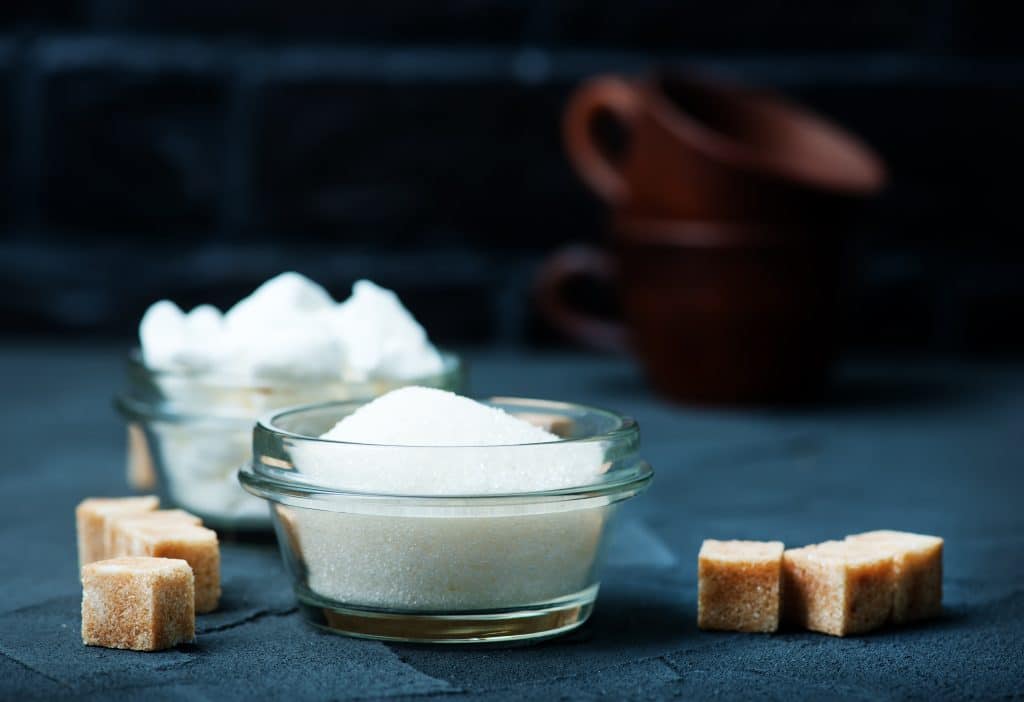
Sugar is more than just empty calories; it’s a substance that can wreak havoc on your body when consumed in excess. A high sugar intake has been linked to a host of health issues, including weight gain, diabetes, and heart disease. The American Heart Association recommends no more than 6 teaspoons of added sugar per day for women and 9 teaspoons for men, yet the average American consumes 17 teaspoons daily. This overconsumption can lead to insulin resistance, a key factor in the development of Type 2 diabetes.
Moreover, sugar doesn’t just affect your physical health; it has implications for your mental well-being too. Studies have shown a correlation between high sugar intake and increased rates of depression and anxiety. The highs and lows of sugar rushes can also lead to mood swings and irritability. It’s clear that reducing sugar intake is not just a matter of cutting calories but also a crucial step towards overall health and well-being.
What To Look For In A Sugar Substitute
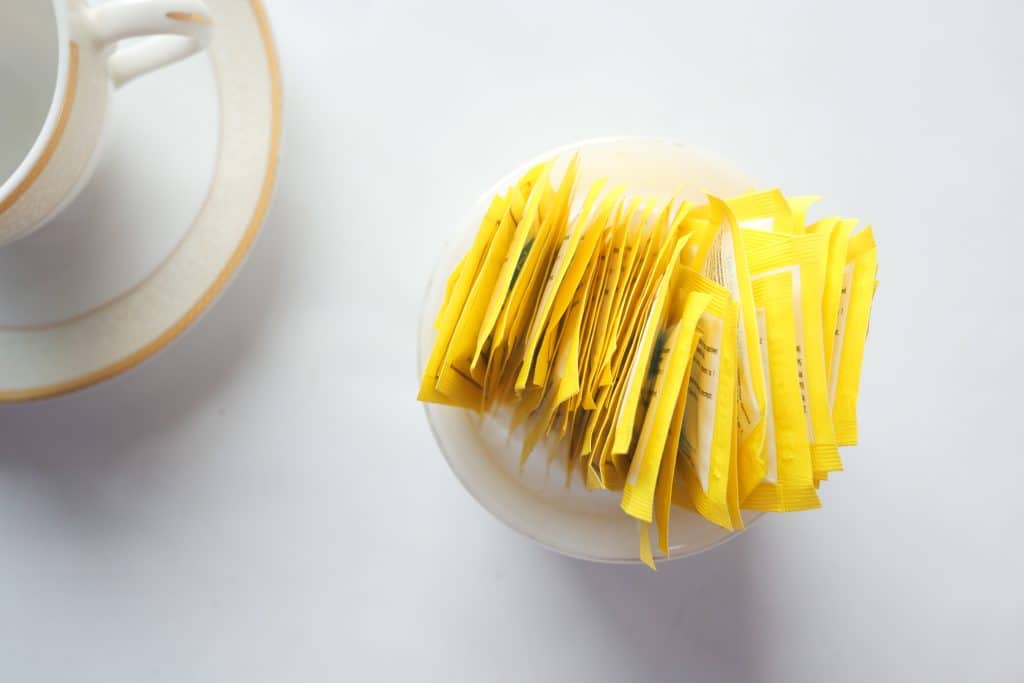
When searching for a sugar substitute, it’s essential to consider several factors to ensure you’re making a healthy choice. The first criterion is the glycemic index, which measures how quickly a food raises blood sugar levels. A lower glycemic index is preferable, as it results in slower absorption and a more stable blood sugar level. This is particularly important for individuals managing diabetes or those looking to lose weight.
Another key factor is nutritional value. Many artificial sweeteners may be low in calories but offer no health benefits. On the other hand, some natural sugar substitutes contain essential nutrients and antioxidants. Taste and texture are also important considerations. A good sugar substitute should not only mimic the sweetness of sugar but also have a similar texture, especially if you plan to use it in cooking or baking.
Stevia: The Zero-Calorie Wonder
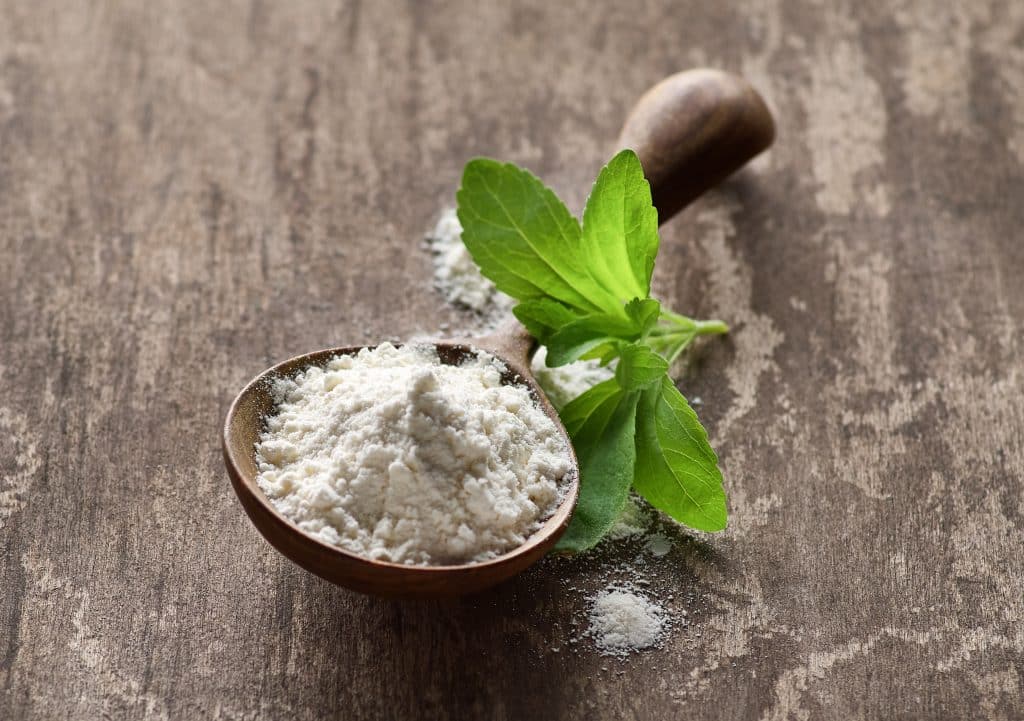
Stevia, a sweetener derived from the leaves of the Stevia rebaudiana plant, has gained popularity as a zero-calorie sugar substitute. Originating from South America, this natural alternative has been used for centuries by indigenous communities for its sweetening properties. One of the most appealing aspects of Stevia is its zero-calorie content, making it an excellent choice for weight management.
In addition to being calorie-free, Stevia is also suitable for diabetics, thanks to its low glycemic index. Unlike sugar, which can cause spikes in blood sugar levels, Stevia has a negligible impact, making it a safer option for those monitoring their blood sugar. However, it’s essential to note that Stevia is much sweeter than sugar, so you’ll need to adjust quantities when substituting it in recipes.
Honey: Nature’s Liquid Gold
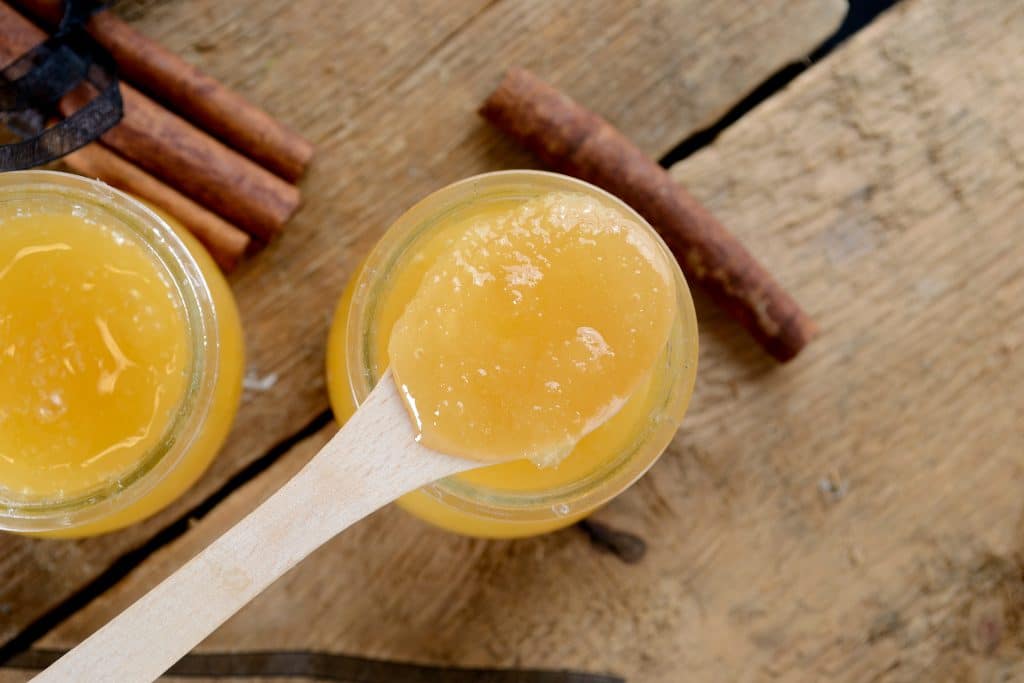
Honey, a natural sweetener produced by bees, has been used for millennia not just for its sweetness but also for its medicinal properties. Rich in antioxidants, honey offers a range of health benefits, including anti-inflammatory and antibacterial effects. It’s a versatile sweetener that can be used in a variety of dishes, from sweetening your morning tea to glazing a roasted chicken. However, it’s essential to choose raw, unprocessed honey to reap the maximum health benefits, as processed honey often contains added sugars and fewer nutrients.
While honey does offer several health advantages, it’s important to consume it in moderation. Unlike Stevia, honey is high in calories and natural sugars, which can contribute to weight gain if consumed excessively. It’s also not suitable for infants under one year due to the risk of botulism. Therefore, while honey can be a healthier alternative to sugar, it’s crucial to use it judiciously and be aware of its limitations.
Maple Syrup: More Than Just Pancakes

Maple syrup, a natural sweetener made from the sap of sugar maple trees, is often associated with breakfast foods like pancakes and waffles. However, its uses extend far beyond the breakfast table. Rich in minerals like manganese and zinc, maple syrup offers nutritional benefits that table sugar lacks. It also has a lower glycemic index compared to sugar, making it a better option for those looking to manage their blood sugar levels.
While maple syrup does offer some health benefits, it’s still a form of sugar and should be consumed in moderation. It’s also worth noting that not all maple syrups are created equal. Many commercial brands contain added sugars and artificial flavors, diluting the natural benefits of pure maple syrup. Always opt for 100% pure maple syrup to ensure you’re getting the maximum health benefits.
Coconut Sugar: The Tropical Alternative
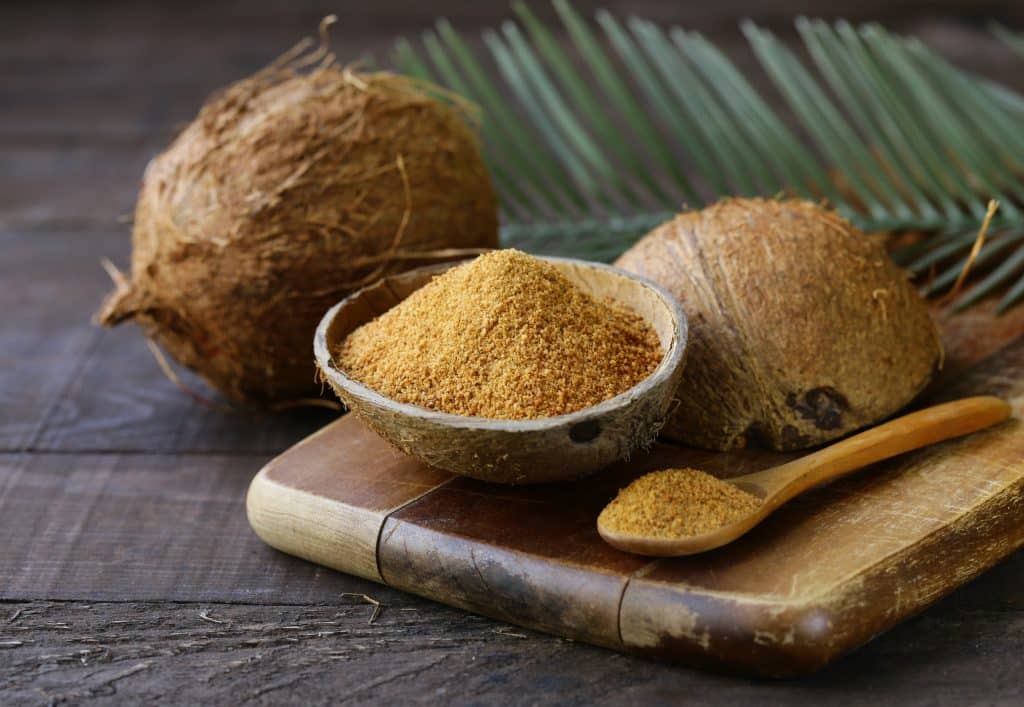
Coconut sugar is derived from the sap of the coconut palm tree and has gained popularity as a natural sugar substitute. Unlike regular table sugar, coconut sugar has a lower glycemic index, which means it’s less likely to cause rapid spikes in blood sugar levels. It also contains trace amounts of nutrients like zinc, iron, and potassium, making it a slightly more nutritious option than traditional sugar.
However, it’s important to note that coconut sugar is still high in calories and should be used sparingly. While it may offer some nutritional benefits, excessive consumption can lead to weight gain and other health issues associated with high sugar intake. So, while coconut sugar can be a better alternative to table sugar, it’s not a free pass to indulge.
Monk Fruit: The Ancient Chinese Secret

Monk fruit, also known as Luo Han Guo, is a small melon native to China and Thailand. It has been used in traditional Chinese medicine for centuries, primarily for its sweetening properties and potential health benefits. The sweetness in monk fruit comes from natural compounds called mogrosides, which are antioxidants in nature. What sets monk fruit apart from other sugar substitutes is its zero-calorie content and lack of impact on blood sugar levels, making it an excellent choice for diabetics and those looking to lose weight.
While monk fruit offers numerous health benefits, it’s essential to be cautious when purchasing products labeled as monk fruit sweeteners. Some commercial brands mix monk fruit extract with other sweeteners like dextrose or maltodextrin, which can affect its calorie content and glycemic index. Always read the label carefully to ensure you’re getting pure monk fruit sweetener for the maximum health benefits.
Agave Nectar: The Controversial Choice
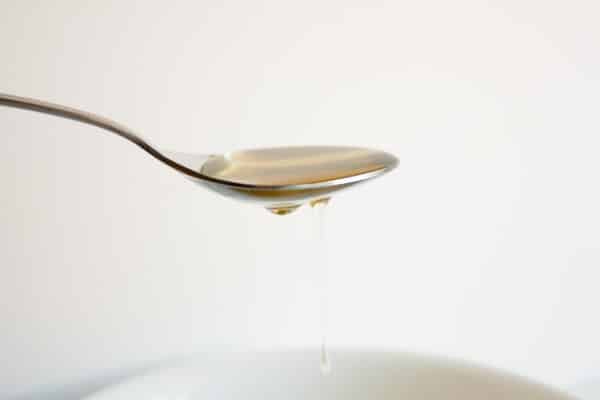
Agave nectar, sourced from the agave plant native to Mexico, has been marketed as a healthy alternative to sugar due to its low glycemic index. It’s a popular choice for vegans and is often used in cocktails and salad dressings. However, the low glycemic index comes at a cost: agave nectar is high in fructose, which can be more harmful than glucose when consumed in large amounts. High fructose intake has been linked to liver disease, obesity, and other metabolic issues.
Despite its low glycemic index, the high fructose content makes agave nectar a controversial choice. It’s essential to use this sweetener sparingly and be aware of its potential drawbacks. While it may be suitable for occasional use, relying on it as your primary sugar substitute could lead to health issues. Therefore, it’s crucial to weigh the pros and cons before incorporating agave nectar into your diet.
You’re Ready To Make The Sweet Switch!
Navigating the landscape of sugar substitutes doesn’t have to be daunting. This guide has armed you with the knowledge to make informed choices that align with your health goals and culinary needs. The next step is yours to take. Feel empowered to explore these alternatives, and remember, the perfect sweetener for you is out there, waiting to be discovered. Here’s to a healthier, sweeter future!


